Description
ABSTRACT
Irregular Statutory Notices in Recovery of Premises Litigation: An Analysis of the Law and the Changing Judicial Attitude
Chimezie Onuzulike* & Athanasius Akor**
The current legal framework for the recovery of premises in Nigeria is replete with many impediments that make it very difficult for a landlord to recover his premises from his tenant. The strict requirement of service of valid statutory notices as a condition precedent to the institution of any action for recovery of premises almost invariably leads to lengthy court battles contested primarily on technical objections commonly raised by tenants relating to the validity of a statutory notice. The Supreme Court, in the case of Pillars Nigeria Ltd v William Kojo Desbordes et al. per Ogunwumiju JSC made a remark which suggests that once the summons for recovery of possession is filed, every irregularity in a notice to quit. The time begins when the originating process is served on the tenant. The Court of Appeal recently adopted the remark of Ogunwunmiju JSC in Pillars’ case as the law. It held that the irregularity in the service of statutory notices is cured once the landlord files an action for recovery of premises. While this is a progressive approach, the question of whether the remark of Ogunwunmiju JSC in Pillars’ case is an obiter dictum or forms part of the ratio in Pillars’ case as to be binding on lower courts needs to be answered to determine the extent to which the law has changed. This paper reviews the Pillars’ case, the recent decision of the Court of Appeal and other earlier decisions of the Supreme Court and the Court of Appeal on the subject.
Keywords: Court, Landlord, Premises, Tenant, Statutory Notices, Tenancy Law
INTRODUCTION
The laws regulating tenancy and recovery of premises in Nigeria have undergone several stages of development. Prior to the enactment of the various federal and state legislation currently regulating tenancies in Nigeria, the relationship between landlord and tenant was largely unregulated. Tenants were seemingly tied to the apron strings of their landlords who exercised excessive powers over them. However, legislative changes have significantly altered this dynamic, leading to a more balanced relationship.1 The landlord could (i) evict the tenant without giving the tenant any notice of his intention to terminate the tenancy and (ii) unilaterally increase rent. The tenant could hardly object to his eviction without notice or the unilateral increase in rent, notwithstanding how arbitrary, unconscionable and unjustified the eviction or rent increment could have been.
* LLB, BL, MCIArb (UK). Senior Associate at G. Elias, Nigeria
** LLB, BL. Associate at G. Elias, Nigeria
- Disputes between landlords and tenants were resolved strictly based on contract and basic property
principles which mostly favoured the landlord because of his superior bargaining position which
helped him gain contractual advantage.

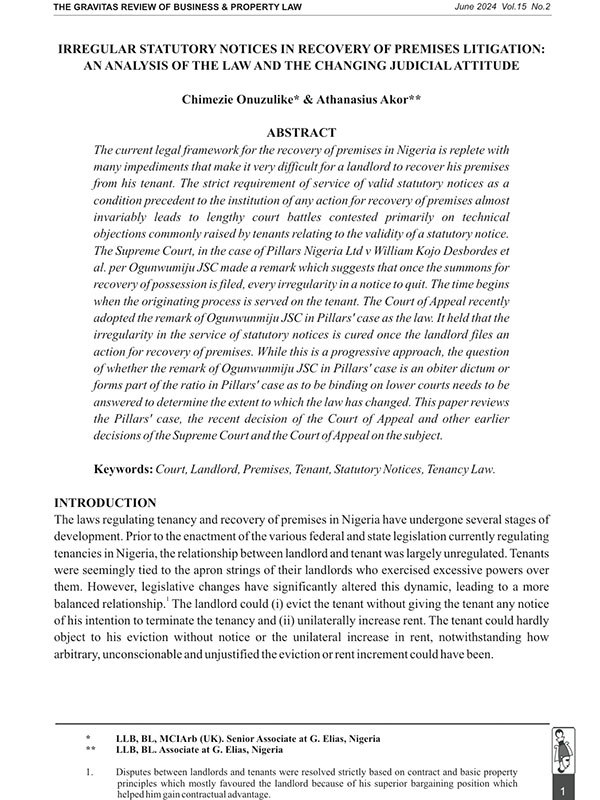
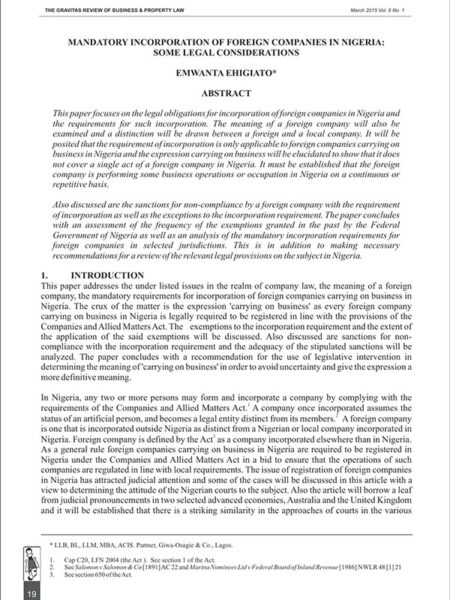
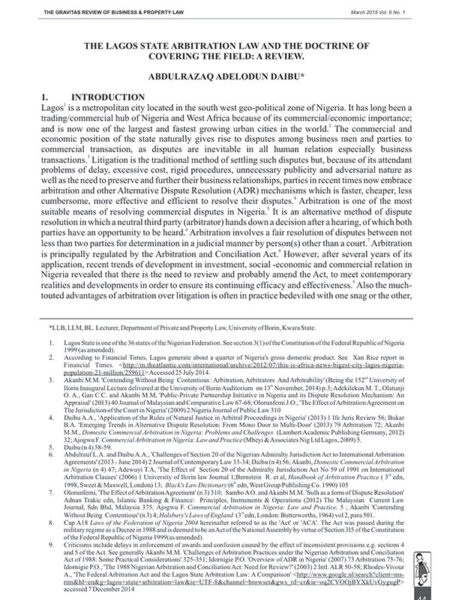
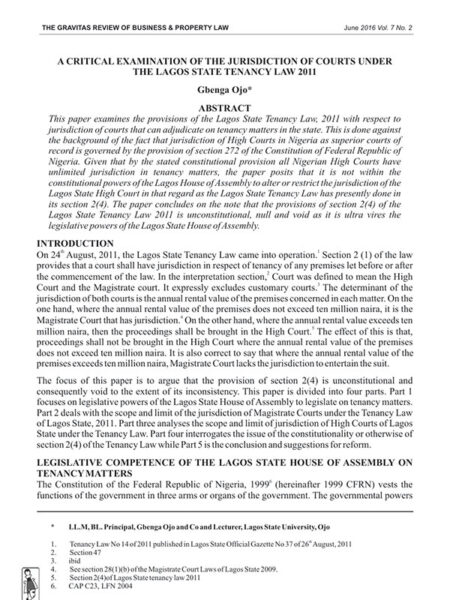
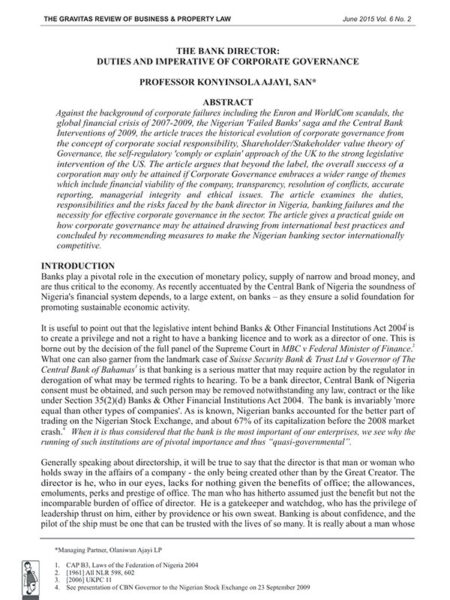


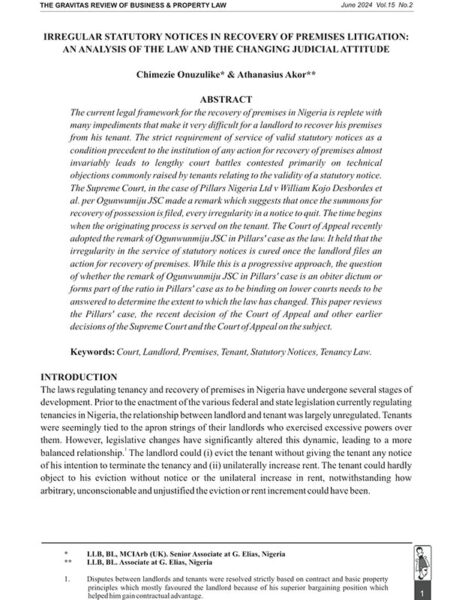
Reviews
There are no reviews yet.